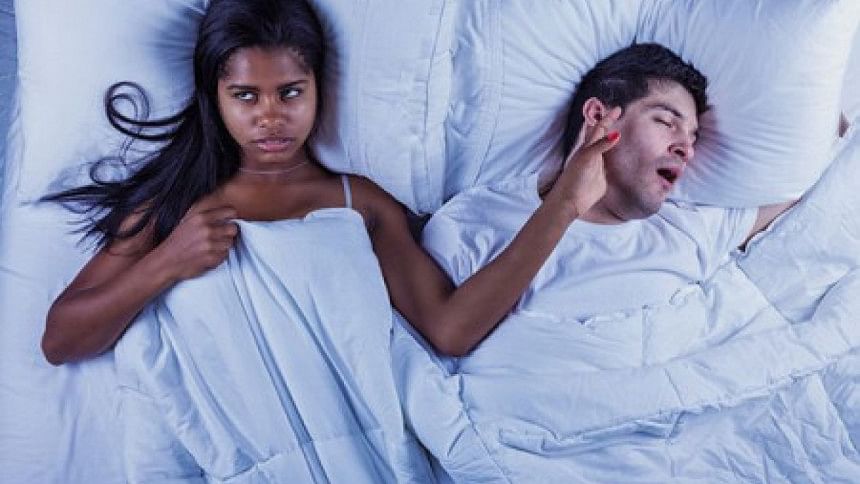How sleep disorders affect women, men differently

From depression and daytime sleepiness to difficulty concentrating, new Australian research suggests that women are more sensitive than men to the effects of sleep disorders in their daily lives.
Researchers at the SleepGP clinic in Coolangatta, Australia, set out to investigate how men and women may be affected differently by sleep disorders in their day-to-day lives.
Scientists studied 744 patients, who received sleep-related healthcare from seven private general practices in Australia between 2013 and 2015. They were assessed via several sleep-related tests, including the Epworth Sleepiness Scale (ESS) and other questionnaires.
The scientists found that women were more likely to have sleep disorders associated with daytime sleepiness (49% compared to 36.9 % for men). Women were also more likely to report an increased burden of symptoms linked to sleepiness.
The study found that women were more likely to feel excessively tired or depressed, have difficulty concentrating or remembering things, and have more trouble sleeping at night.
In addition, male snoring was more likely than female snoring to force bed partners to sleep in different rooms.
The study results are published in the May 15 issue of the Journal of Clinical Sleep Medicine.

 For all latest news, follow The Daily Star's Google News channel.
For all latest news, follow The Daily Star's Google News channel. 




Comments